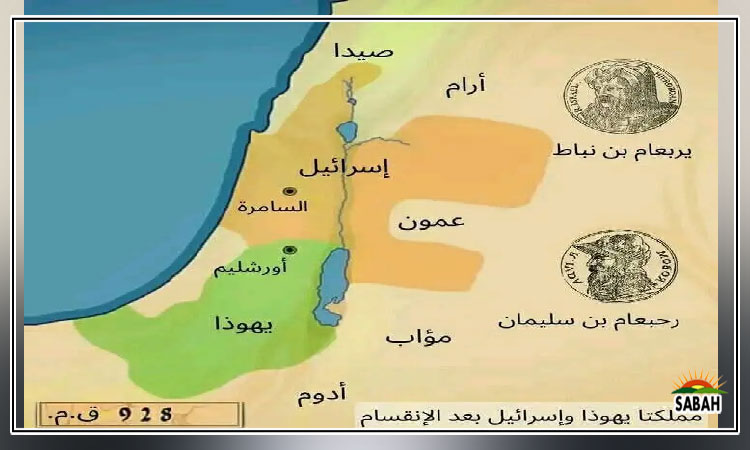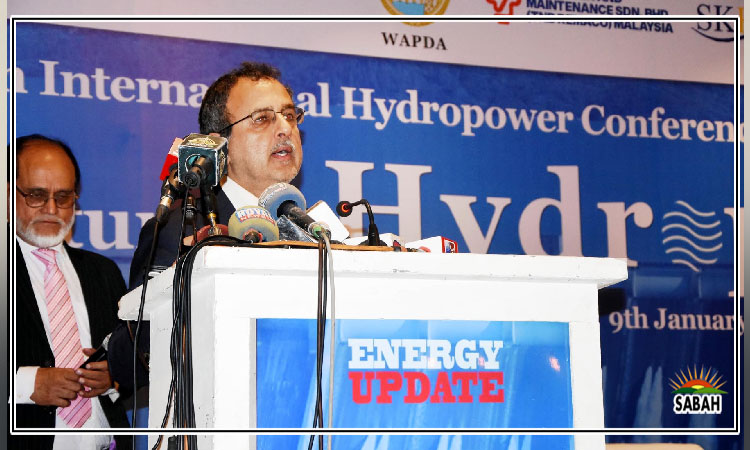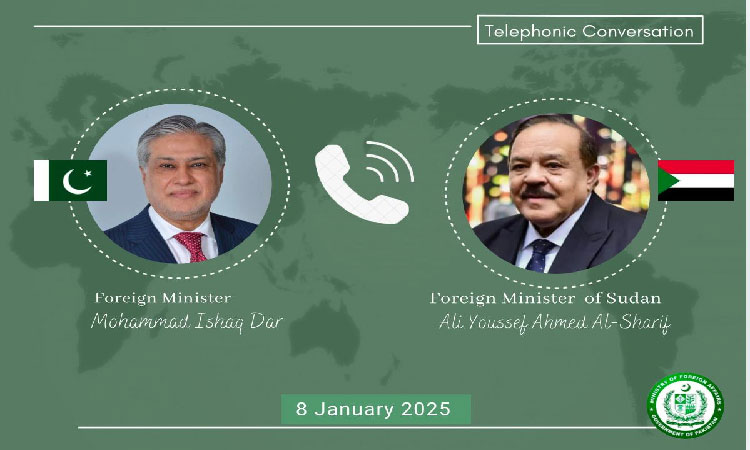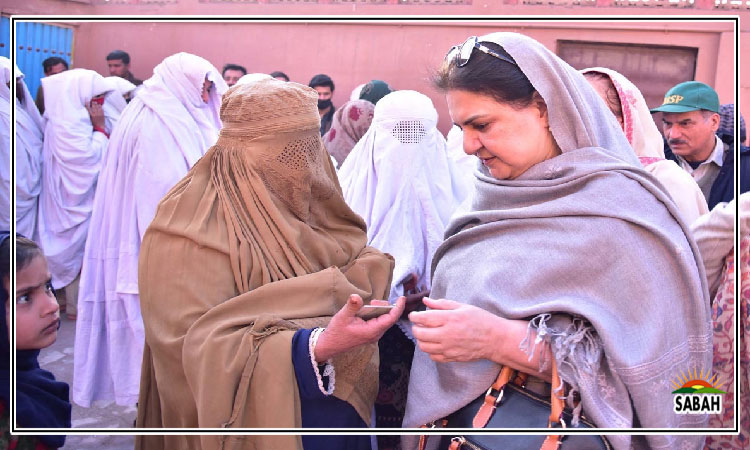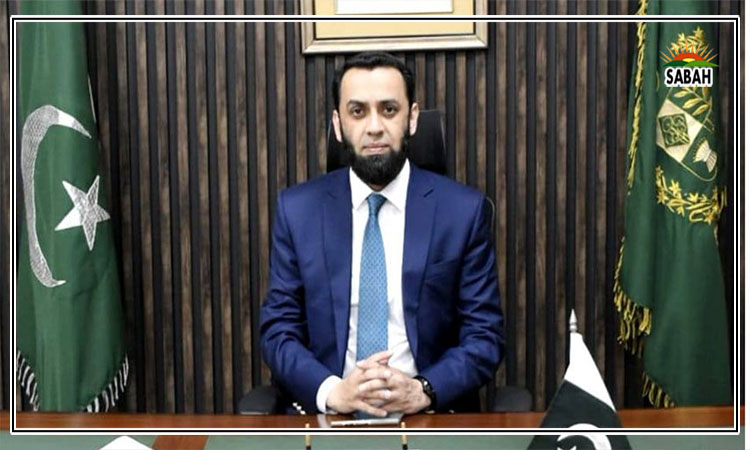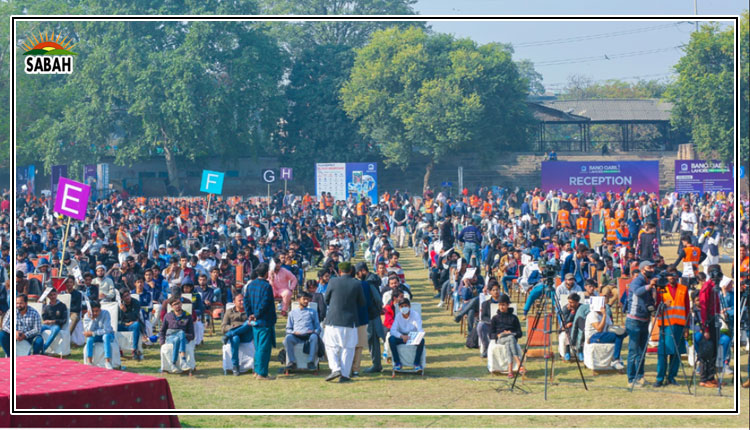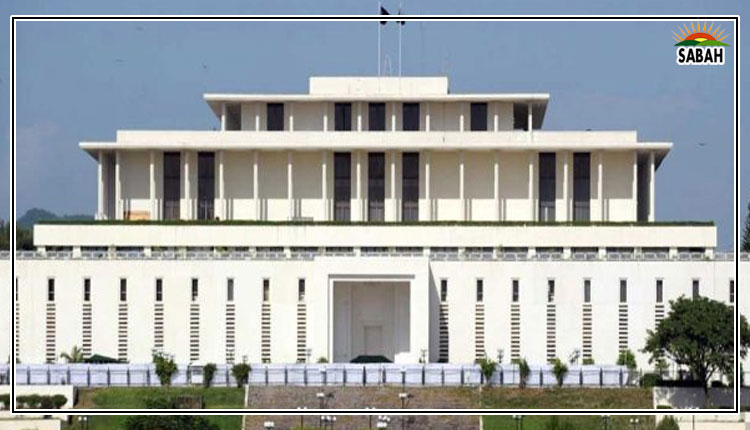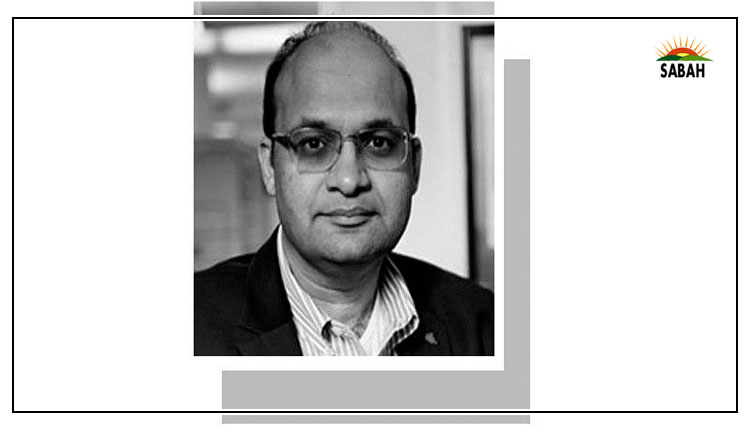Religion and Pakistaniat…Faisal Bari
IT seems that Islam as well as Pakistaniat come under threat very often in this country. And to defend either, in fact both, it is always appeals to religion, nationalism and tradition that are invoked.
People are accused of being un-Islamic, they are accused of being unpatriotic and they are accused of going against tradition. Traditional power structures are defended, and strongly so, in almost all domains in Pakistan.
The most recent example of this is a letter subsequently withdrawn by the HEC on that Dr Shaista Sohail, executive director of the Higher Education Commission (HEC), has written to the higher education institutions in the country. In fact, it is a quintessential example.
Dr Sohail directly invokes religious and nationalistic values ( espouses the cultural and moral values as laid down by our religion, concepts embedded in our own culture, values and traditions, thus preserving the nations ideology, and a complete disconnect from our sociocultural values and an erosion of the countrys Islamic identity). She writes that those who celebrated the Hindu festival of Holi were not aware of self-serving vested interests who use them for their own ends.
This is about students who celebrated the festival of Holi at a local university. Dr Sohail has made it sound as if some grave event had taken place and that our religion and country are facing a tremendous threat from those who are gullible and do not know that they have been and are being used by vested interests who want to harm Pakistan and Islam.
Is it not amazing how much concern a bit of dancing and throwing of colour by a few young men and women can generate? That a religion with a 1,400-year history, one that is followed by more than a billion people across the globe, can be threatened by the song and dance of a few dozen?
The nationalism of a 240 million-strong nation is also threatened by these few. And, it appears, we are at risk of losing our sociocultural values and Muslim identity.
But this strange worldview is shared by many, especially those in power. Pakistaniat is under threat when the events around 1971 are discussed or when a seminar on Balochistan is announced.
It is hard to have talks and dialogue across faiths where followers of different religions are invited to be panelists. Transgender persons are a threat just because they exist. While the National Curriculum Council has celebrated the creation of ethics curricula/ textbooks for many faiths, they dare not invite people belonging to the Ahmadi faith to their meetings or work on a curriculum for children of that community. Because all of these are perceived as threatening religion and country.
Even the debate around the Single National Curriculum was mostly about Islamiat and Pakistan Studies though there was a lot of spin on making it about equity and equal opportunity. The focus, though, remains the same: how do we effectively indoctrinate students, while talking of critical thinking and moving away from rote learning and mere reproduction?
But Islam, Pakistaniat and our culture and traditions do not get threatened only when larger and deeper issues like Balochistan or 1971 are discussed, they get threatened even if a girl proposes to a boy in public view.
In some cases, even if men and women, boys and girls interact with each other, our traditions are threatened. We have, over the last few years, seen quite a few circulars from university authorities saying that men and women should not talk to each other or meet each other on campus, or if they meet, there should be a distance of x metres between them.
There are also plenty of restrictions on what women can or cannot wear in university. Jeans is a major instrument of subversion. Women wearing jeans not only threaten our religion, nationalism and culture and tradition; for some, they are also the cause of earthquakes!
The lack of space for debate and especially critical debate when violations of religious and nationalistic values and traditions and culture are invoked is a serious issue. There is a strong sense of ours is not to reason why ours is to do or die kind of attitude here.
Interestingly, in almost the same sentence where violations of religion or tradition are mentioned and they are used as an excuse to suppress thought or actions there is also a demand that students be taught how to think critically and be exposed to methods of scientific inquiry.
Even Dr Sohail I did say this was a quintessential example says it is advised that the HEIs may prudently distance themselves from all such activities obviously incompatible with the countrys identity and societal values, while ensuring that they rigorously engage their students and faculty in academic pursuits, intellectual debates, and cognitive learning besides identifying, creating, and fostering avenues for extracurricular activities and rational discourse. One could not have put it better.
Academic pursuits and intellectual debates cannot happen without the freedom to question, to push back, to engage. They cannot happen if people cannot take different, distinct and often opposing positions on issues.
It is also not possible to have critical thinking in some areas and not in others. It is not possible to have critical thinking in physics but not in Pakistan Studies or Islamiat. If we close debate in one area, it has an impact on debate in other areas as well.
Some might feel that observing Holi does not have anything to do with having intellectual debates and that the same goes for dress codes and the intermingling of men and women. But it does. It goes to the mindset, it goes to the space that is present or not present for thinking, debate and questioning.
If, as Dr Sohail says, we have to get the young people of the country ready to take over the running of the country, restrictions on thought and action, in any domain, without debate and the making of a deliberative democracy, are bound to lead to failure.
The writer is a senior research fellow at the Institute of Development and Economic Alternatives, and an associate professor of economics at Lums.
Courtesy Dawn



